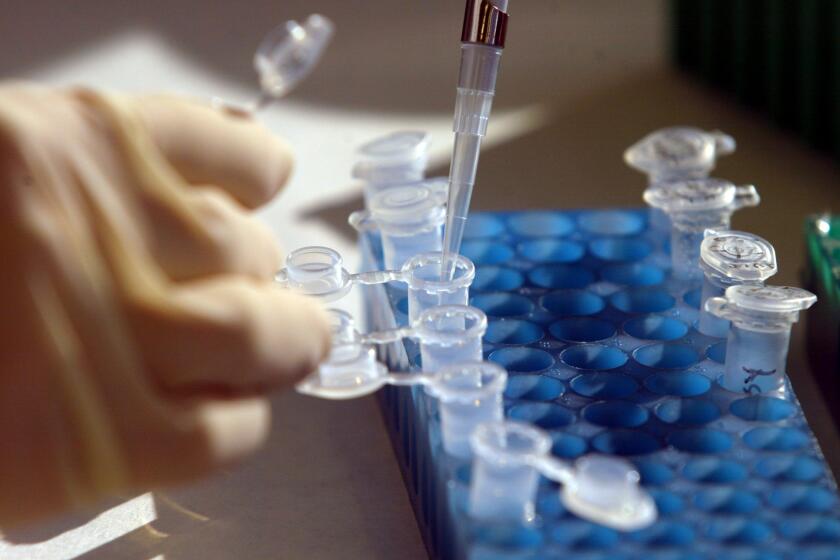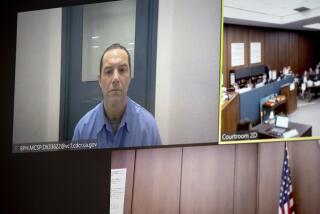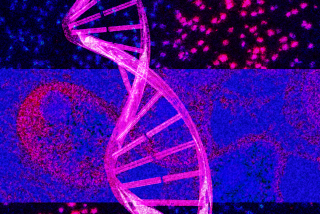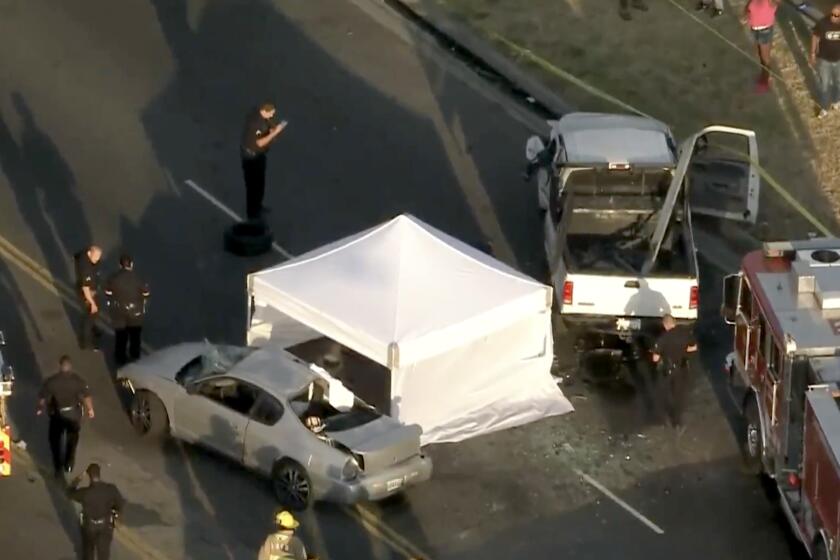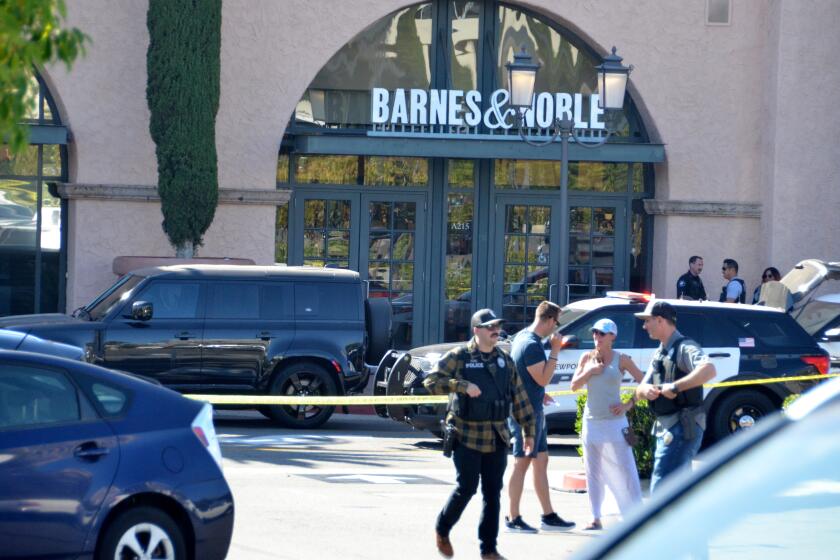San Francisco police stop using rape victims’ DNA to investigate other crimes

The San Francisco Police Department is no longer using DNA from sexual assault survivors and other victims to investigate unrelated crimes, officials said Wednesday.
The department’s crime lab stopped the practice shortly after receiving a complaint from the district attorney’s office and formally changed its operating procedure Friday, said Matt Dorsey, spokesman for San Francisco Police Chief Bill Scott.
Dist. Atty. Chesa Boudin said last week that he became aware of the “opaque practice” after prosecutors found a report among hundreds of pages of evidence in the case against a woman recently charged with a felony property crime. The papers referred to a DNA sample collected from the woman during a 2016 rape investigation.
The charges against the woman have since been dropped.
The revelation that the San Francisco police crime lab used a sexual assault victim’s DNA against her in an unrelated property crime case — and the allegation that it may be a common practice in California — prompted a national outcry among law enforcement, legal experts, lawmakers and advocates.
Police in San Francisco used a database with DNA collected from victims of rape and sexual assault to link them to crimes, the city’s D.A. said.
On Tuesday, U.S. Rep. Adam B. Schiff (D-Burbank) wrote a letter to FBI Director Christopher Wray asking him to investigate “deeply concerning” reports that DNA samples of sexual assault victims had been searched against crime scene DNA samples. Schiff also asked Wray whether there are ways to prevent victim DNA from being uploaded to the FBI’s Combined DNA Index System, or CODIS.
“Though there are still many unanswered questions about the extent of this practice, the fact it may have occurred at all is deeply disturbing. I fear it will have a chilling effect on sexual assault reporting,” Schiff wrote.
Less than 23% of rapes and sexual assaults were reported to police in 2020, down from nearly 34% in 2019, according to the Department of Justice’s Criminal Victimization survey.
In a statement issued in response to Schiff’s letter to the FBI, Scott said he has taken steps to stop the possible misuse of DNA evidence collected from victims of crime.
“I share Representative Schiff’s concerns that such a practice risks having a chilling effect on sexual assault reporting. We must never create disincentives for crime victims or survivors to cooperate with police,” Scott said in a statement.
More to Read
Start your day right
Sign up for Essential California for news, features and recommendations from the L.A. Times and beyond in your inbox six days a week.
You may occasionally receive promotional content from the Los Angeles Times.
